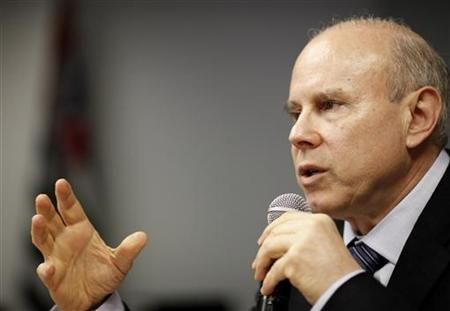Brazil's Tariff on China, Others: the Beginning of Something Dangerous?

Last week, Brazil slapped on a 30 percentage point increase in import tariffs of automobiles (the Mercosur trade bloc and Mexico are exempted). A major objective of this tariff is to slow surging imports from China.
Earlier this month, Brazil enacted important tariffs on certain steel products from China.
China is the largest trade partner of Brazil, which both heavily imports from and exports to China.
China’s biggest trade partner is the European Union.
Recently, the Eurozone has been hammered by its sovereign debt problems, which are threatening its entire banking system. Its economy is also dragged by austerity measures.
For China, it means their customer is struggling. In response, it’s trying to use the possibility of injecting cash in Europe to gain trade and investment regulation concessions.
So far, though, the Europeans haven’t yielded too much.
History has shown that prosperity and trade go hand in hand. When trade dries up – no matter whose fault it is – economies usually suffer.
Legendary investor Jim Rogers, a free trade advocate, is one of the concerned watchers of Brazil’s hawkish trade stance.
“I hope to tell you [trade] war doesn't break out,” Jim Rogers said on TV channel CNBC.
“Throughout history when you've had trade wars it's caused depression. You saw what happened in 1930. It led to depression. Ultimately it led to war. So I hope it can be contained. I was very surprised to see Brazil” enact a 30 percentage points tariff increase, he said.
When it comes to fair trade, though, China is no saint either.
By undervaluing its currency, China has accumulated a huge hoard of foreign exchange reserves.
At this vulnerable juncture of the global economy, it’s critical that those with capital spend it and invest it. China, however, is not spending enough domestically. Its undervalued currency makes it expensive to spend money abroad (i.e. import goods).
On the investment side, It’s blocked by wary Westerners who are concerned about the perceived Chinese encroach on their countries.
Please email Hao Li at hao.li@ibtimes.com.
© Copyright IBTimes 2024. All rights reserved.





















